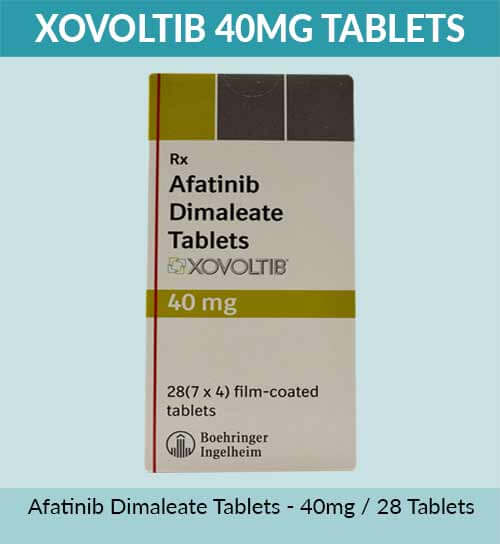Afatinib
Afatinib is a medication used in the treatment of certain types of cancer, including non-small cell lung cancer (NSCLC). It belongs to a class of drugs called tyrosine kinase inhibitors (TKIs).
Afatinib works by targeting specific proteins known as epidermal growth factor receptors (EGFRs), which play a role in the growth and spread of cancer cells. By inhibiting these receptors, afatinib helps to slow down or stop the growth of cancer cells.
The medication is typically prescribed for patients with NSCLC that has specific mutations in the EGFR gene. It may be used as a first-line treatment or in cases where other treatments have not been effective.
Common side effects of afatinib may include diarrhea, skin rash, nail changes, mucositis (inflammation of the mucous membranes), and fatigue. In some cases, more serious side effects, such as lung problems and liver toxicity, can occur. Regular monitoring of lung function, liver function, and other parameters is usually recommended during treatment.
Afatinib should only be used under the supervision and prescription of a qualified healthcare professional experienced in cancer treatment. The dosage and treatment duration may vary depending on individual factors, such as the stage and type of cancer.
In summary, afatinib is a medication used in the treatment of certain types of cancer, specifically NSCLC with specific EGFR mutations. It works by targeting EGFR proteins to inhibit the growth of cancer cells. Regular monitoring and adherence to healthcare provider instructions are important during treatment with afatinib.
Note – The brand names and product descriptions used on this site are for informational purposes only and are the property of their respective owners.

